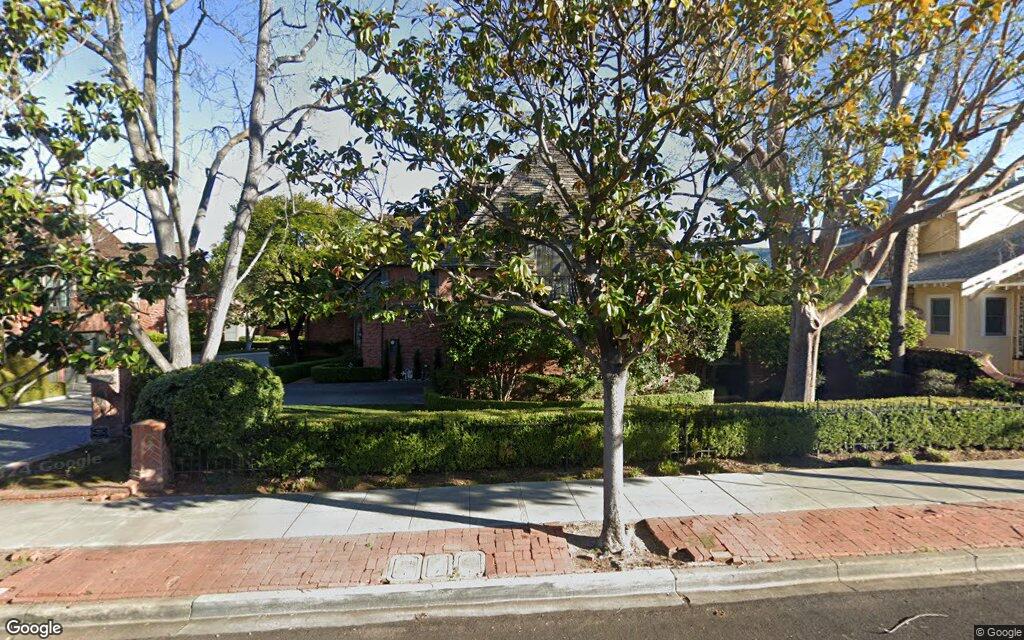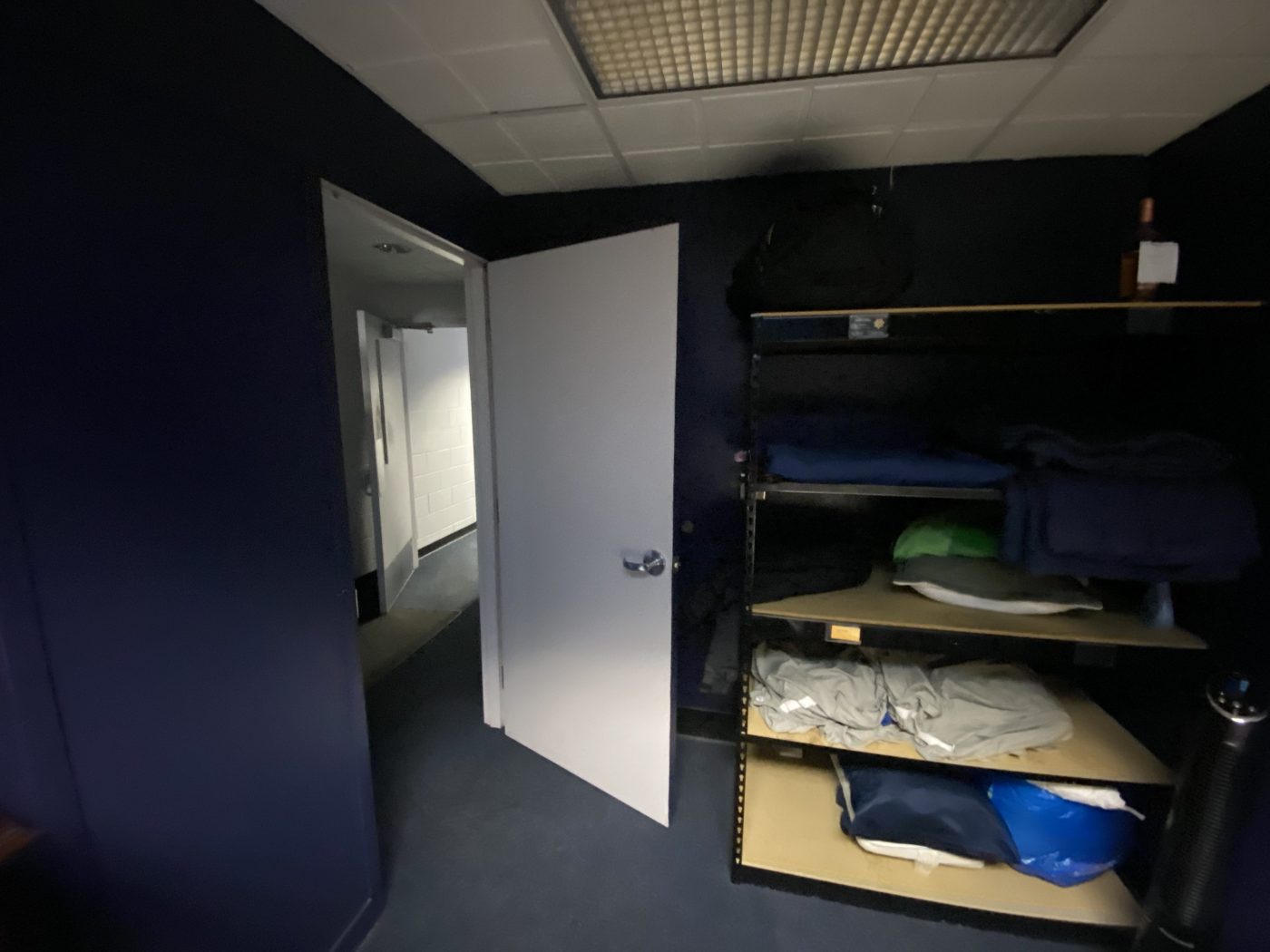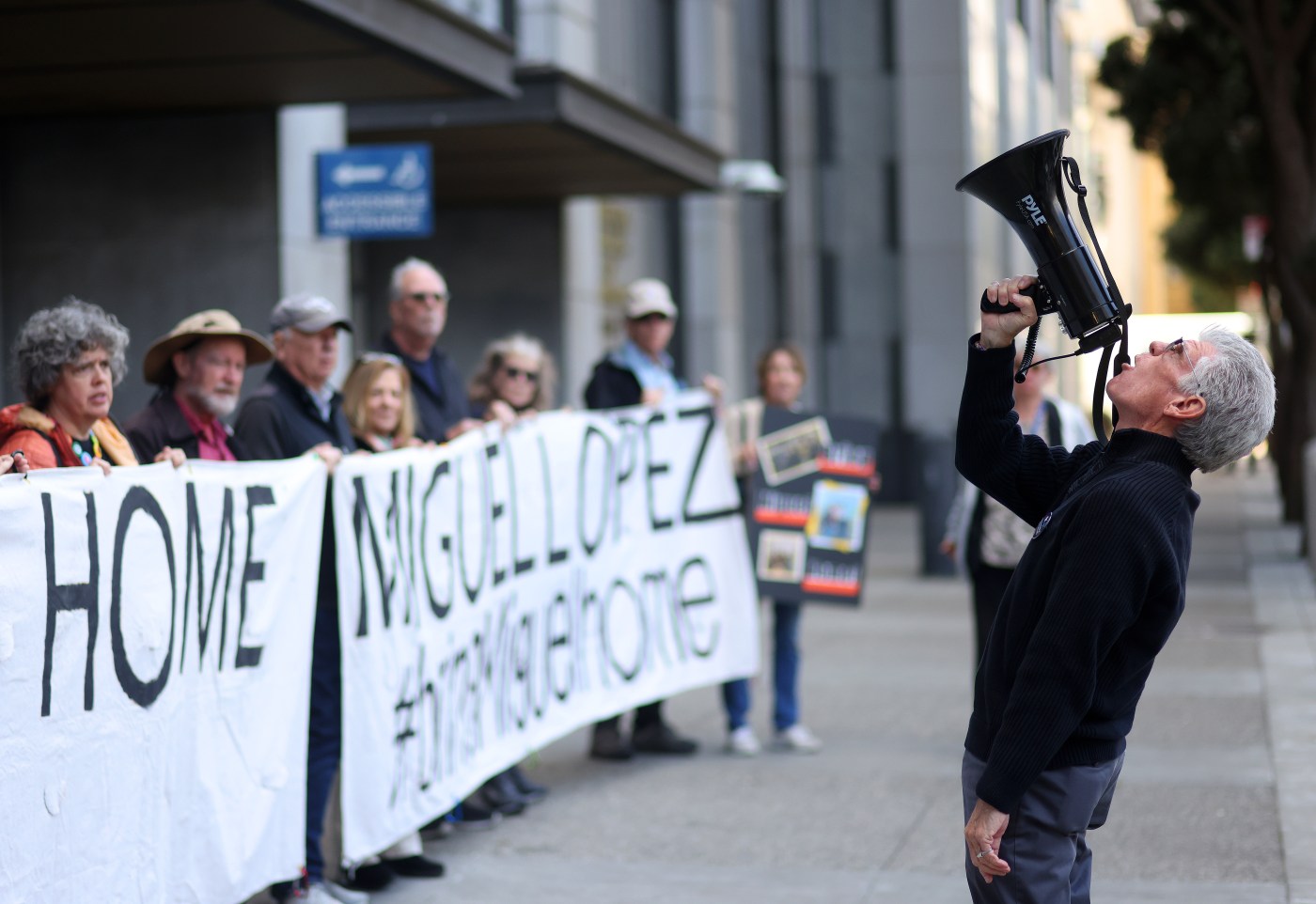In this era of social media-fueled hyperpartisan and misleading campaigning, news reports and editorial board reviews provide voters some of the last reliable sources of useful information about candidates.
But now state lawmakers and Secretary of State Shirley Weber are pushing legislation that would rob voters of this important source of truth. Assembly Bill 1392 would cut off journalists’ access to addresses, telephone numbers and email information for officeholders and candidates, purportedly to ensure the safety of public officials.
Secretary of State Shirley Weber seeks to block journalists’ access to candidate information, purportedly to ensure the safety of public officials. Sarah Reingewirtz — Los Angeles Daily News/SCNG
In practice, the bill would cripple journalists’ ability to contact in a timely manner thousands of candidates for federal, state or local office during the compressed 12-week election season.
This would eliminate the ability of reporters to conduct investigative work to determine, for example, whether candidates and officeholders live within their district and are eligible to hold the posts they seek.
And it would make reaching office-seekers for interviews far more difficult — and in many cases impossible. The primary resource that news organizations, including this one, use to start reaching candidates is the contact list that local election offices and the secretary of state provide for journalists.
Related Articles
Editorial: Open up secret Sheriff Corpus removal hearings now
Editorial: Removal of Sheriff Corpus rife with secrecy, lacks due process
Editorial: Stop Google thievery that undermines local journalism
Editorial: Two candidates vie for downtown San Jose council seat. One stands out.
We’re very sympathetic to the legitimate concerns about increased threats to public officials. But state law already blocks disclosure of candidate and officeholder residence and contact information to the general public. AB 1392 would eliminate the exception for journalistic, election, scholarly, political or governmental purposes.
The wording of the bill, introduced by Assemblymembers LaShae Sharp-Collins, D-La Mesa, and Heath Flora, R-Ripon, was inserted through a “gut and amend” process — stripping out and replacing the language of an unrelated bill late in the legislative session. It is now pending before the Senate Appropriations Committee.
Weber claims that “In an era of heightened threats and harassment directed toward public officials, this legislation is both timely and necessary,” according to a Senate staff analysis of the bill.
The analysis lists a long string of recent disturbing attacks on public officials, including the shooting of two Minnesota legislators in their homes. But there’s no evidence that attackers gained contact information from journalists or media reports. Quite the contrary. As the Senate analysis notes, the source of address and contact information was often online data brokers, not news organizations.
If lawmakers want to address that problem, they should focus the restrictions on those who seek to profit from selling the information, not those who use it to inform the electorate.





